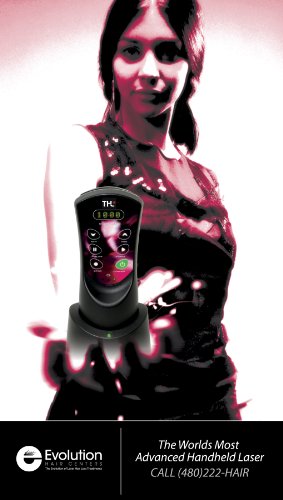erchonia lasers Best Quality Browse our wide selection erchonia lasers. Shop online today.
Sunday, December 25, 2011
LaserHear by HearingMed
Wednesday, November 30, 2011
Zerona Middle East , MBC Sabah El Khair Ya Arab account 27 April 2009
Shopping Baby Bliss Hair Dryer Price A76 Battery Fisher Price Jumperoo Precious Planet Save
Sunday, November 27, 2011
Zerona Middle East ,New Fat-Burning Procedure CBSTV CH02 , July 31 2009
Scotch Decanters Quick Power Inverter Pure Sine Wave Discount Vegetable Seeder On Sale
Monday, November 21, 2011
Erchonia THL-1 Hair Laser
!±8± Erchonia THL-1 Hair Laser
 | Price : $1,995.00
| Price : $1,995.00Post Date : Nov 21, 2011 12:00:35 | Usually ships in 1-2 business days
- Medical strength
- Strongest home use laser on the market
- Treatment time only minutes a day
- No combs or brushes in this unit
More Specification..!!
Erchonia THL-1 Hair Laser
Nestle Toll House Coupons Buy Now !8!# Bumbo Seats For Babies For Sale Canon Mp620 Driver Best
Saturday, November 12, 2011
The Pros and Cons of Low Level Laser Therapy
Low level laser therapy is very much a new field in the medical and scientific world. The use of light to treat diseases, however, dates all the way back to the studies conducted by physiologist Niels Finsen, who received the Nobel Prize in 1903 for his research into the bacteria-killing effects of ultraviolet radiation on cutaneous tuberculosis.
Before 1960, when the first working laser was tested by American scientist Theodore Maiman, studies into the clinical benefits of light focused mainly on the thermal destructive effects that light and radiation could have on organic tissue. After 1960, the focus shifted somewhat towards the non-destructive effects of light on tissue. Low level laser therapy is probably the most popular and most controversial field that makes use of this focus.
The Benefits of Low Level Laser Therapy
Research into this therapy began with the experiments of Endre Mester who in 1967 showed the potential for aiding tissue repair through the use of the light. His emphasis was on the light's clinical potential for healing of diabetic ulcers.
Subsequent studies have proven low level laser therapy to be beneficial in the treatment of neck pain, rheumatoid arthritis, osteoarthritis of the knee, and carpal tunnel syndrome, and various musculatory ailments.
The procedure is a painless, non-invasive, and all evidence thus far shows it to have no negative side effects.
The Cons of Low Level Laser Therapy
The biggest negative about this procedure and technology is that it can be hard to find a company that offers legitimate, proven treatments amidst the plethora of clinics that base their advertisements on faulty research. The reason behind this problem is that, because it is such a new field, there is no established research methodology for it.
The Food and Drug Administration has officially endorsed many therapy procedures are clinically proven to work. However, the FDA still considers low level laser therapy to be an experimental field. Technology companies are thus working to increase the amount of reliable, quantifiable data on the topic in order to gain more official recognition and legitimacy among the mainstream medical and scientific community.
Shopping Sony Dvdirect Dvd Recorder Apollo Gobo Ideas Powerblock Set On Sale








